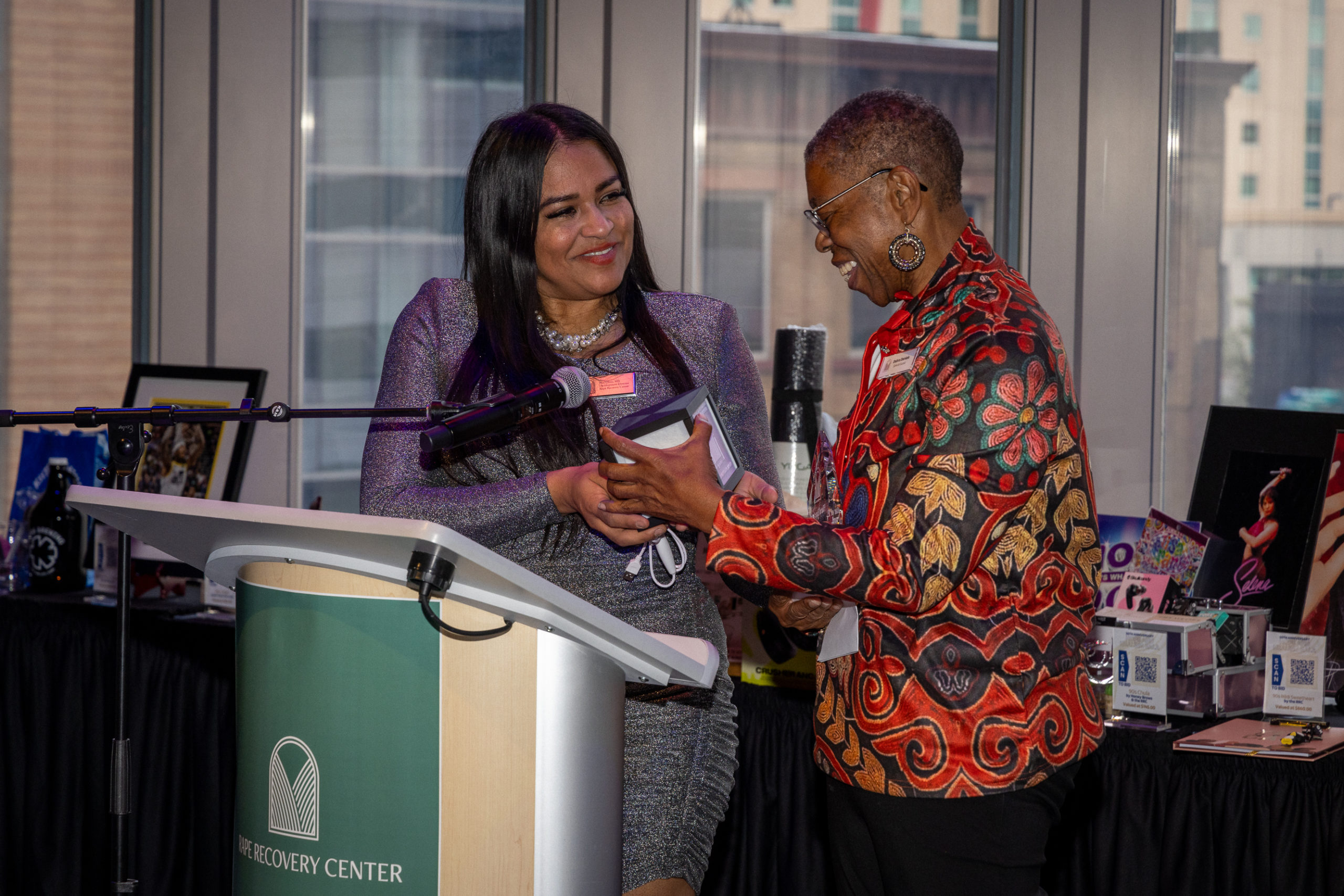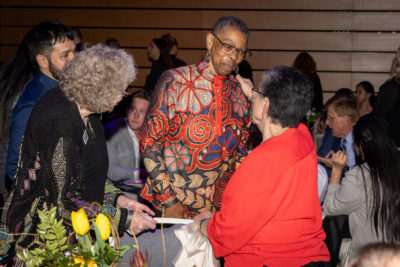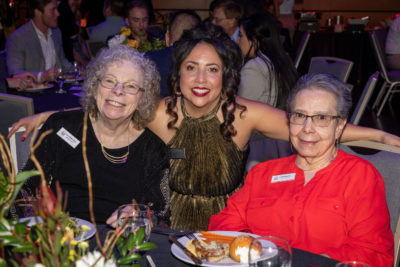
Rape Recovery Center: Celebrating 50 Years of Healing and Community
Community
In 1974, a group of individuals came together to work against sexual violence. These local grassroots volunteers founded the organization now known as the Rape Recovery Center, which has been providing services to victims and survivors of Salt Lake County for 50 years. Today, Utah is among the top 10 states in the nation for reported sexual violence incidents and is above the national average for reported rapes. “That tells us we have a lot of work to do in our community,” says Victoria Holmes, Chair of the Board of Directors, which is why the organization is just as relevant today as it was 50 years ago. “This is a public health issue, a sociological issue, and more than anything it’s a feminist issue because it’s impacting the health and safety of women and girls—in addition to all other survivors, including men and non-binary individuals,” says Stephany Murguia-Vega, Associate Director.
The Rape Recovery Center provides a number of services that act as safety nets for victims and survivors. They provide education to schools and the community, free therapy for those who can’t afford it and rape kits to survivors in hospitals.

They even go as far as to provide those survivors with clothing, a blanket and someone to be there with them. “That is a really tough experience to go through, we want them to leave with dignity. And we make sure they’re never alone,” said Holmes.
Still, seeking help in itself can be difficult for some. There is a lot of shame and isolation around sexual violence, and the Rape Recovery Center is making an effort to reduce those factors. “[People] don’t even need to tell us what happened, [they] can process it in other ways,” said Holmes, on addressing their efforts to provide different opportunities for people to talk about what’s happening. For instance, April is Sexual Awareness Month, which “is one of the ways that people can get involved without necessarily disclosing or feeling hesitant that they’re a survivor, because it’s an open campaign. It’s not an easy topic for everyone to engage in, so it’s a really great opportunity for us to ,” says Murguia-Vega.
“People experience things differently, they make meaning out of it differently and it’s really important to walk with them in that journey. If we’re going to address trauma, we also have to connect individuals back to communities and address it in that way,” says Holmes.

“If we’re going to address trauma, we also have to connect individuals back to communities and address it in that way,”
The members of the organization welcome anyone seeking help and support, no matter how much time has gone by. “Sometimes it’s months, sometimes it’s years. And I think that is a testament to education, to all the work in reducing the shame and isolation around sexual violence, that people feel like they can still come and get services even if time has passed. Because healing doesn’t happen on a timeline,” says Holmes.
With over 50 members contributing to the Rape Recovery Center, they all have one thing in common: “Every employee, every volunteer, every member of the board—the one thing that we have in common is our commitment to the mission of having a community that is free from sexual violence. We may do the work differently, we may show up differently, but we are all deeply committed to that mission. And I think that’s what unifies us,” says Holmes. That has proven to be true for veterans of the organization as well as new members. “If you come into an organization like this as someone new, the passion of what they are doing and programming is so inspiring and you just want to get involved, participate and get the word out. It’s really incredible,” says Shelly Ruff, Member of the Board of Directors.
In just the last year, the Rape Recovery Center has provided service to over 2,000 survivors and victims, 575 hotline callers and 1.6 million people via outreach.
While thinking of the impact that the center has made over the last 50 years, they do have plans to expand and continue to provide services and a safe space for victims and survivors. “It’s humbling to be a part of a group that started the way that it did, as grassroots. I feel a sense of responsibility to continue to do everything that I can do in this little piece of time that I’m involved and to make sure that the center continues for a long, long time,” says Holmes. “I think there’s an element of safety with something that’s been around for that long. I think that gives confidence in the community too, that this is something still worth investing energy and resources in,” adds Ruff.
To celebrate 50 years of healing and community, the Rape Recovery Center is hosting a gala on April 12th at the Regent Street Black Box at The Eccles Theater.
“We invite people to join us in the work however they want to show up. Whether that’s financially, whether that’s with time, whether that’s with helping to amplify our message. We welcome everybody who wants to come and fight sexual violence,” says Holmes.
“We invite people to join us in the work however they want to show up.”
They are seeking sponsors and silent auction items, as well as human presence. Tickets can be purchased on their website at https://www.raperecoverycenter.org/ or through direct links on their social media @raperecoverycenter.
Read more about resources within the community here:
Utah Abortion Fund: Aiding in the Fight to Sustain Reproductive Wellness
Curly Me! A Resource to Educate, Empower and Encourage Young Black Girls of Power